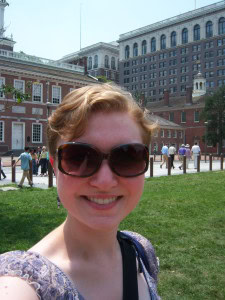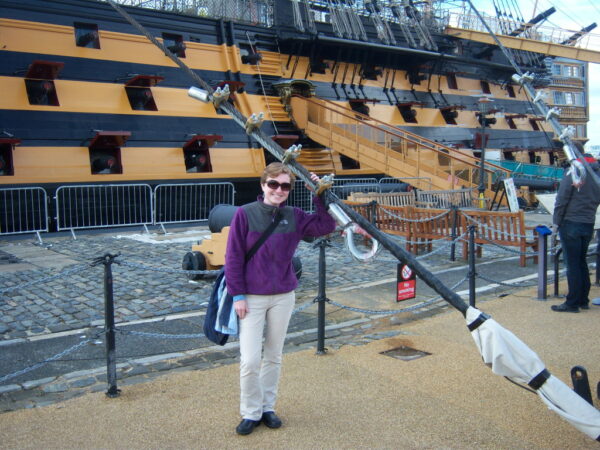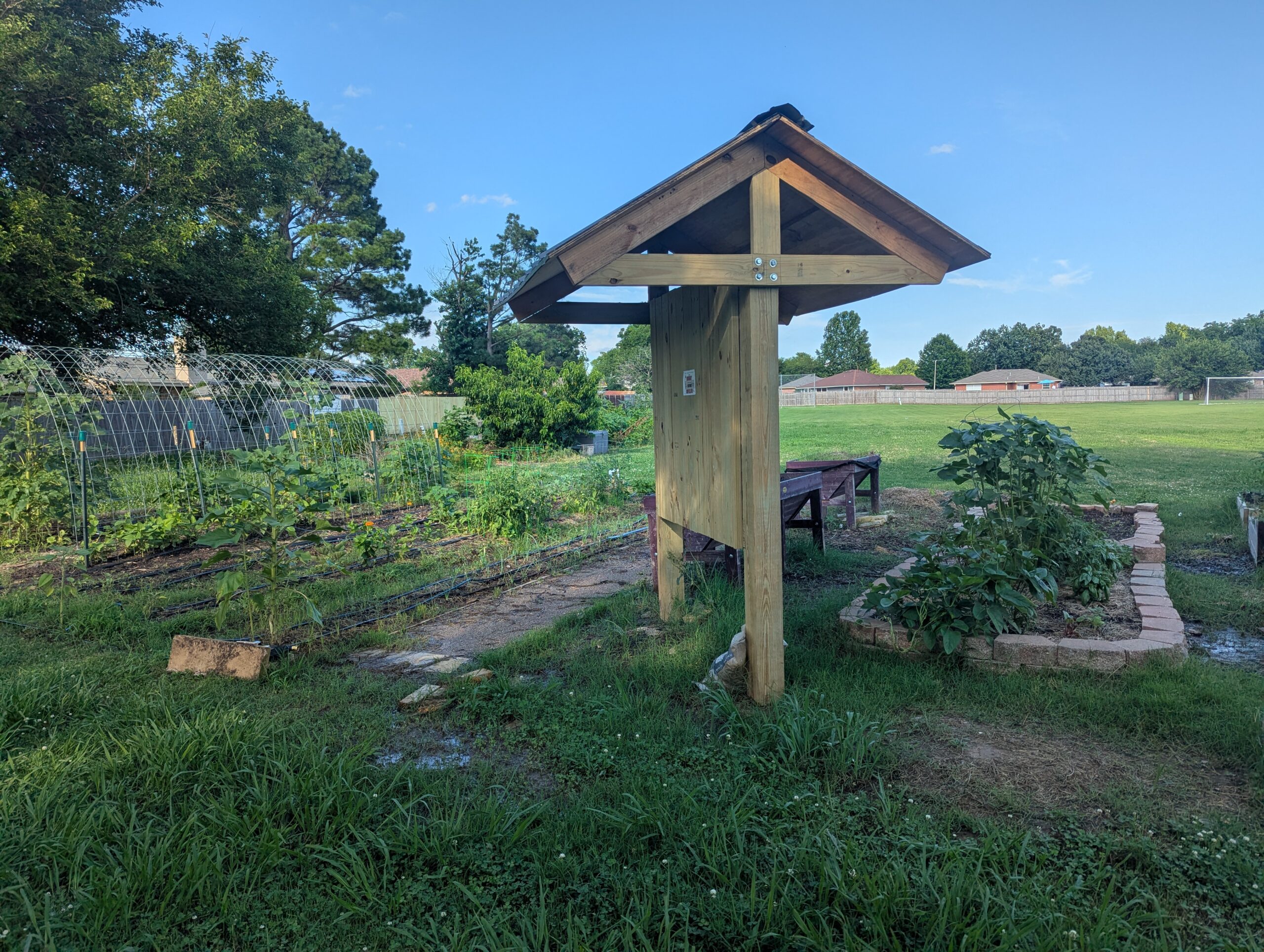AHA members are involved in all fields of history, with wide-ranging specializations, interests, and areas of employment. To recognize our talented and eclectic membership, AHA Today features a regular AHA Member Spotlight series.
 Katherine Parker is a PhD candidate at the University of Pittsburgh. She lives in London, United Kingdom, and has been a member since 2013.
Katherine Parker is a PhD candidate at the University of Pittsburgh. She lives in London, United Kingdom, and has been a member since 2013.
Twitter Handle: @katieparker18th
Alma maters: BA Hon, History and International Studies, Oregon State University, 2010; MA, History, University of Pittsburgh, 2012
Fields of interest: early modern Europe, 18th-century Britain, early modern empires, transnational history, Pacific exploration/encounter, history of the book, history of cartography, history of material culture, maritime/naval history
When did you first develop an interest in history?
I’ve been a fan of history since I was a little girl. My family went on long summer road trips and stopped at every small museum and battle site that we passed in the American West. I entered university knowing I would major in history and decided to try for graduate study right after graduating. It was quite pretentious of me in retrospect, but thankfully I met professors and mentors who encouraged, yet tempered, my initial ambitions.
What projects are you working on currently?
I am writing up my dissertation on the production of geographic knowledge about the Pacific within in the long 18th century. I want to know how information about the Pacific moved from ship to shore to printed page, as well as how such representations were received. I’ve lived in London researching for the past year and this academic year will spend time in Spain and France to access more archives. I am also involved in several projects such as editing a special issue of the Journal of Maritime Research on the intersections of gender and maritime histories and planning a graduate conference, “Beyond Borders: The Practice of Atlantic, Transnational, and World History.”
Have your interests changed since graduation? If so, how?
When I entered graduate study, I thought I would focus on the representation of race in the context of Pacific exploration prior to Captain Cook’s voyages. Over the course of researching my master’s thesis, I shifted focus from race to space. Geographic regions are subject to processes of social construction, just like other concepts. Perception of spaces, or lack of knowledge about spaces, can also affect the depictions of people and things within them. Thus, it is the historical geography of the production of knowledge about the Pacific region that is now my main focus. 
Is there an article, book, movie, blog etc. that you could recommend to fellow AHA members?
I couldn’t be more excited about the recent interest in space/geography (the spatial turn) and the Pacific that has overtaken the larger discipline. Along those lines, I would recommend the now-classic overview of the power relations inherent in the making of maps by Brian Harley, The New Nature of Maps: Essays in the History of Cartography, ed. Paul Laxton (Baltimore: Johns Hopkins University Press, 2001). To understand the potential benefits of interactions between geographers and historians, I suggest any work by Miles Ogborn and Charles W. J. Withers, for their work is particularly clear and cogent. See especially Ogborn and Withers, eds., Geographies of the Book (Farnham, Surrey: Ashgate, 2010).
What do you value most about the history profession?
I value most our potential to act as agents of change by teaching the richness of the past. As instructors and teaching assistants, we have the opportunity to impart information and to make the lessons of the past relevant to present situations. History, to me, is taking time to reflect on configurations of ideas and actions, and then to impart those discoveries to others. History educators communicate critical thinking and writing, which are valuable skills in the modern world.
Also, working in archives and with historical artifacts is just plain cool. I still get that rosy archive feeling when I’m handed a centuries-old manuscript or rare book.
Why did you join the AHA?
As a graduate student living abroad for research, I joined the AHA to keep in contact with the American academy. I have always enjoyed reading Perspectives and the AHR, but now I’ve also come to value the online and fellowship components of membership.
Other than history, what are you passionate about?
I participate in various activism opportunities, mostly focusing on feminism and wildlife conservation. I’ve always been an avid runner, hiker, baker, and novel reader. One day I hope to return to Chile, where I studied abroad, as well as visit the Pacific islands I research.
This post first appeared on AHA Today.
This work is licensed under a Creative Commons Attribution-NonCommercial-NoDerivatives 4.0 International License. Attribution must provide author name, article title, Perspectives on History, date of publication, and a link to this page. This license applies only to the article, not to text or images used here by permission.



